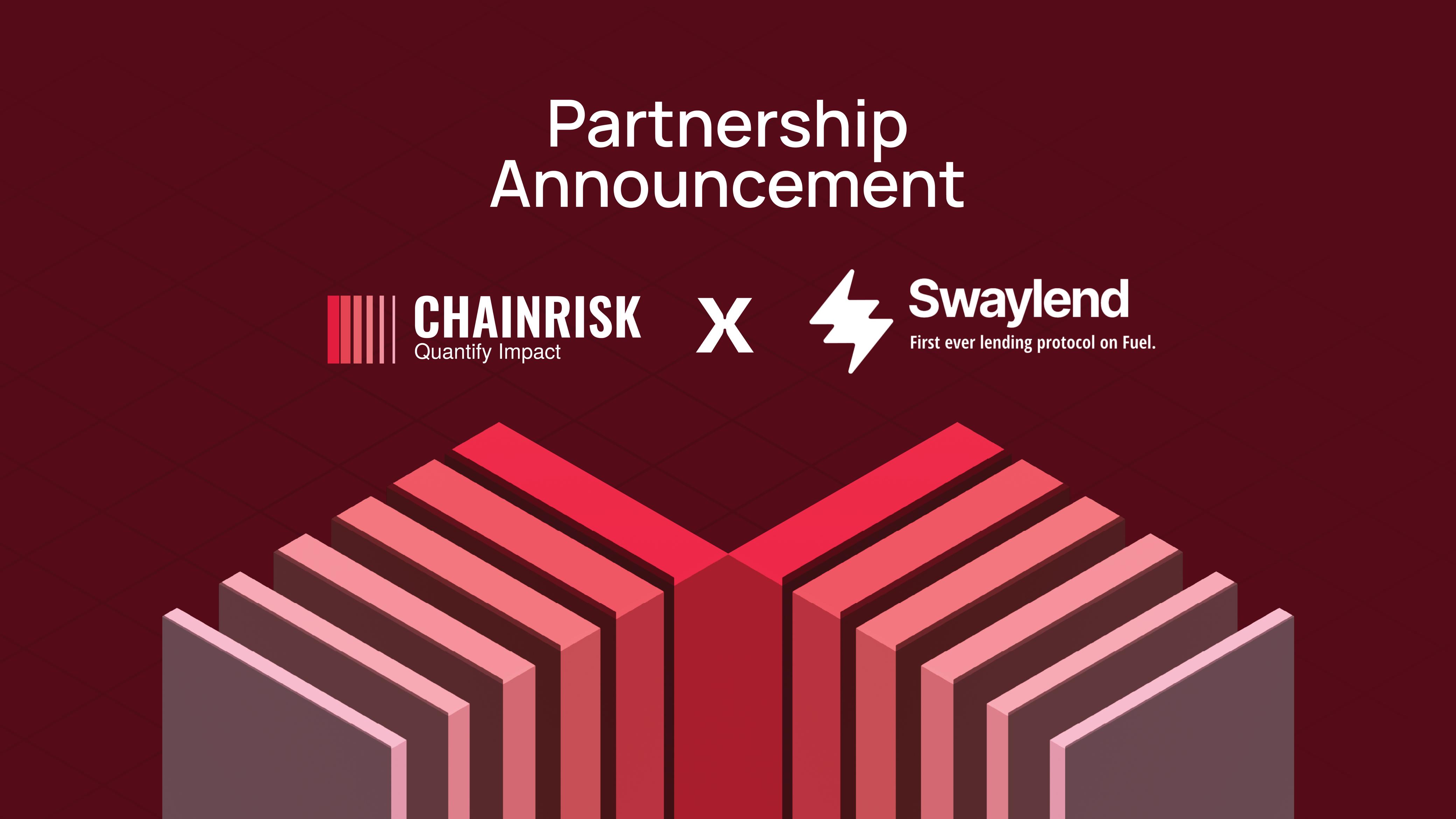
Chainrisk & Angle Protocol Partnership Announcement
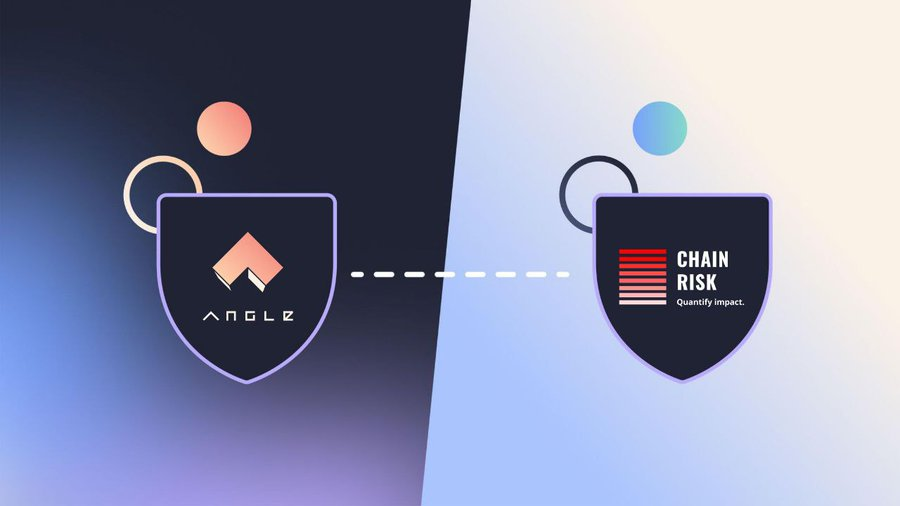
Economic exploits, which account for over half of the issues in DeFi platforms, often stem from inadequate economic modeling & lack of sophisticated tooling. Chainrisk addresses these challenges by providing advanced simulation tools that can model complex interactions within DeFi protocols.
By integrating Chainrisk’s robust risk assessment tools, Angle Protocol was able to test its borrowing module against economic exploits, which make up a significant portion of DeFi-related security issues. The collaboration allowed a thorough stress testing of Angle Protocol under extreme market conditions, such as those similar to Black Thursday events.
This testing helped to ensure that the protocol can withstand sudden market downturns without leading to massive liquidations or system failures.
Objectives & Scope of the Collaboration
The primary objective of the collaboration between Chainrisk & Angle Protocol was to ensure the robustness & security of the Angle Protocol's borrowing module against economic threats & extreme market conditions. The scope encompassed a comprehensive analysis of the Angle Protocol's resilience to economic shocks, like those experienced during significant market downturns (e.g., Black Thursday).
This collaboration concentrated on rigorously testing the economic structures underlying the borrowing module of Angle Protocol. By analyzing how the module reacted under different stress scenarios, the collaboration aimed to identify potential vulnerabilities that could lead to economic exploits or systemic failures within the protocol.
Based on the outcomes of the stress tests & simulations, Chainrisk provided targeted recommendations for adjusting key protocol parameters. These included adjustments to debt ceilings, loan-to-value (LTV) ratios, & other critical parameters that influence the protocol's economic stability & the behavior of its liquidation mechanisms.
Stress Testing & Simulations
Chainrisk performed stress testing on the borrowing module of Angle Protocol by simulating severe market downturns & observing how the protocol handled high volumes of liquidations & shifts in collateral values. This testing helped ensure that Angle's systems could manage extreme conditions without leading to insolvency or excessive uncollateralized exposure.
Chainrisk utilized both agent-based & scenario-based simulations to model & predict the behavior of different actors within the DeFi ecosystem under varied conditions. Agent-based simulations considered the actions of individual agents (like borrowers, liquidators, & investors), while scenario-based simulations focused on specific market events or changes in economic conditions.
Chainrisk’s platform is built on a customized Rust EVM, enabling it to perform fast & efficient simulations. Key features include:
- Custom Scripts Deployment: Protocols can test features & strategies in a near-production environment by deploying custom scripts.
- Monte Carlo Simulations: These simulations help in deriving robust statistical insights, which can inform better decision-making around protocol parameters.
- Economic Exploit Audits: Chainrisk can audit protocols for economic vulnerabilities, providing recommendations to enhance security & efficiency.
- Dynamic Recommendations: Based on simulation results, Chainrisk provides dynamic recommendations on critical protocol parameters such as liquidation thresholds & Loan-to-Value ratios.
Black Thursday Scenario Simulation
The "Black Thursday" scenario refers to a real-world event where the price of major cryptocurrencies fell dramatically within a short period, leading to massive liquidations & market panic. Simulating this scenario helped test the Angle Protocol's ability to handle similar extreme market conditions by assessing its liquidation mechanisms & overall economic resilience.
The simulation involved artificially dropping the price of a major collateral (like ETH) by 43% over a simulated period, mimicking the market conditions of Black Thursday. Chainrisk set up various agents within the simulation to act as borrowers, liquidators, & collateral suppliers, each programmed to react based on the changing market conditions enforced by the simulation.

The observations from the simulation provided insights into several critical aspects:
- Health Factor Dynamics: The protocol's ability to maintain sufficient collateralization rates amid falling asset prices.
- Liquidation Processes: The efficiency & fairness of the liquidation process, including the impacts of Dutch auction mechanisms on liquidation discounts.
- Protocol Resilience: The ability of the protocol to avoid accumulating bad debt even under severe stress, ensuring its long-term viability.
From these simulations, Chainrisk & Angle Labs were able to derive actionable insights & fine-tune the protocol parameters to enhance stability & economic security, ensuring that Angle remained robust even during drastic market downturns.
Conclusion
Economic security monitoring is crucial in identifying & addressing economic vulnerabilities within DeFi protocols. Chainrisk provides tools that monitor for signs of economic exploits & anomalies in real time, ensuring that potential issues can be detected & mitigated promptly. The platform includes bespoke visualization tools that allow users to create custom graphs & charts based on the results of simulations. This aids in better understanding & interpreting the impact of different scenarios & parameters on a protocol's performance.
About Angle Labs
Angle Labs operates the Angle Protocol, which is a decentralized, over-collateralized stablecoin protocol designed to offer a stablecoin, agEUR, pegged to the Euro. This protocol is notable for its capital efficiency & robust liquidation mechanisms, which aim to offer better protection for borrowers while ensuring liquidators can operate profitably.
About Chainrisk
Chainrisk is a comprehensive risk management platform focused on the DeFi sector. It aims to identify & mitigate economic risks associated with DeFi protocols. Chainrisk provides a suite of tools & services designed to stress test DeFi protocols under various market conditions, using agent-based & scenario-based simulations. This helps in uncovering potential economic exploits & vulnerabilities within these systems before they can be exploited maliciously.











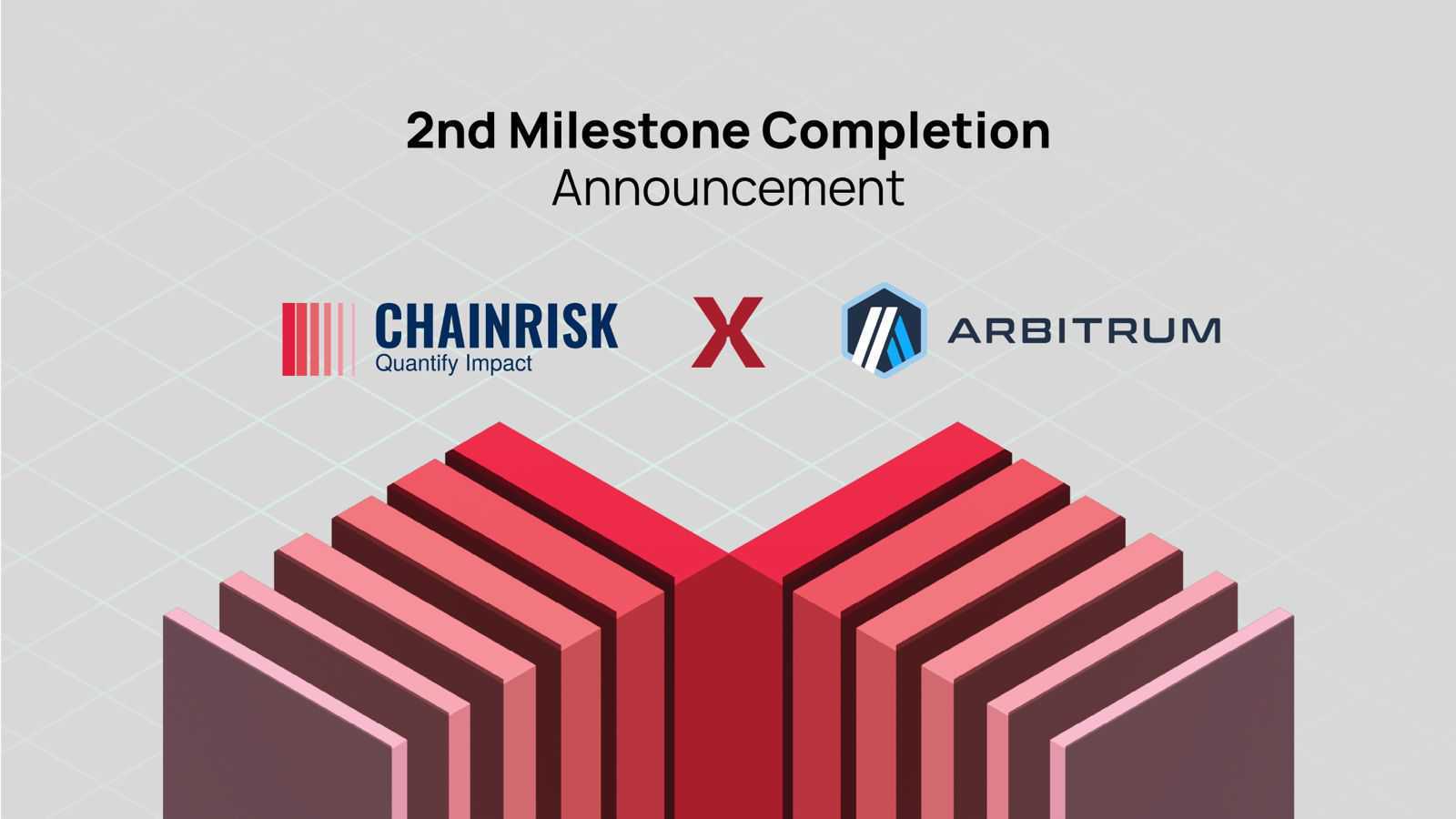
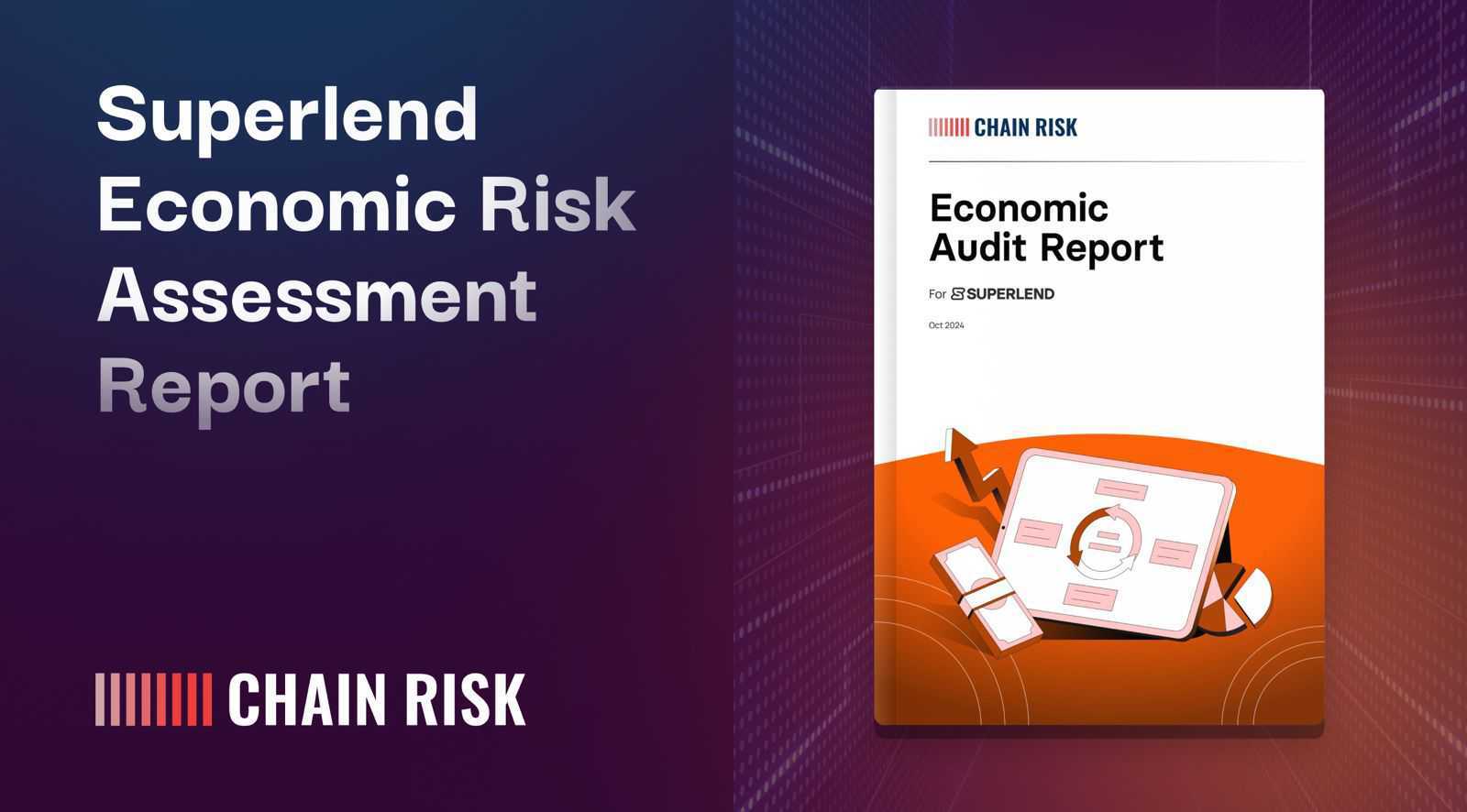
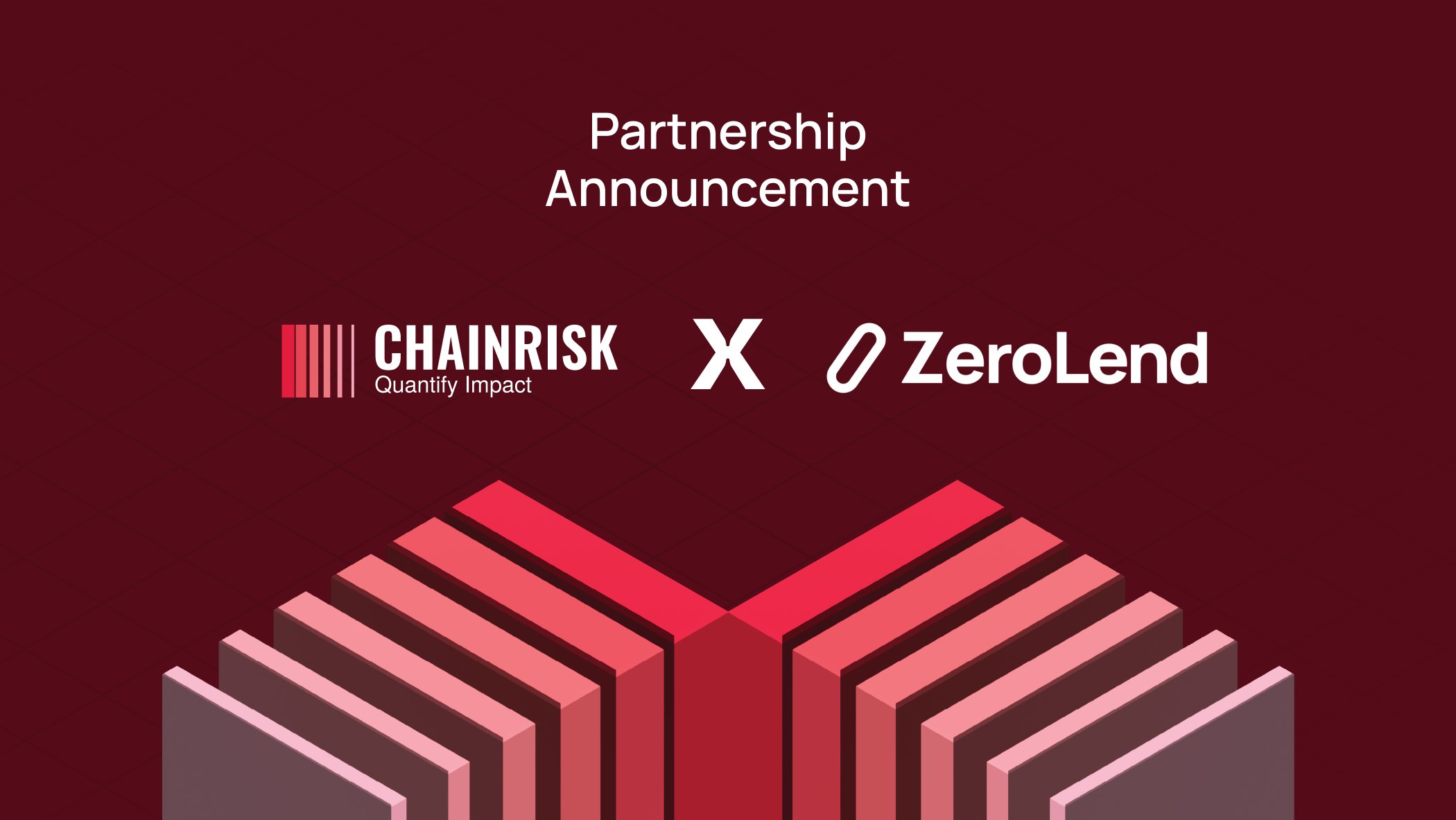

.svg)

.svg)
.svg)
